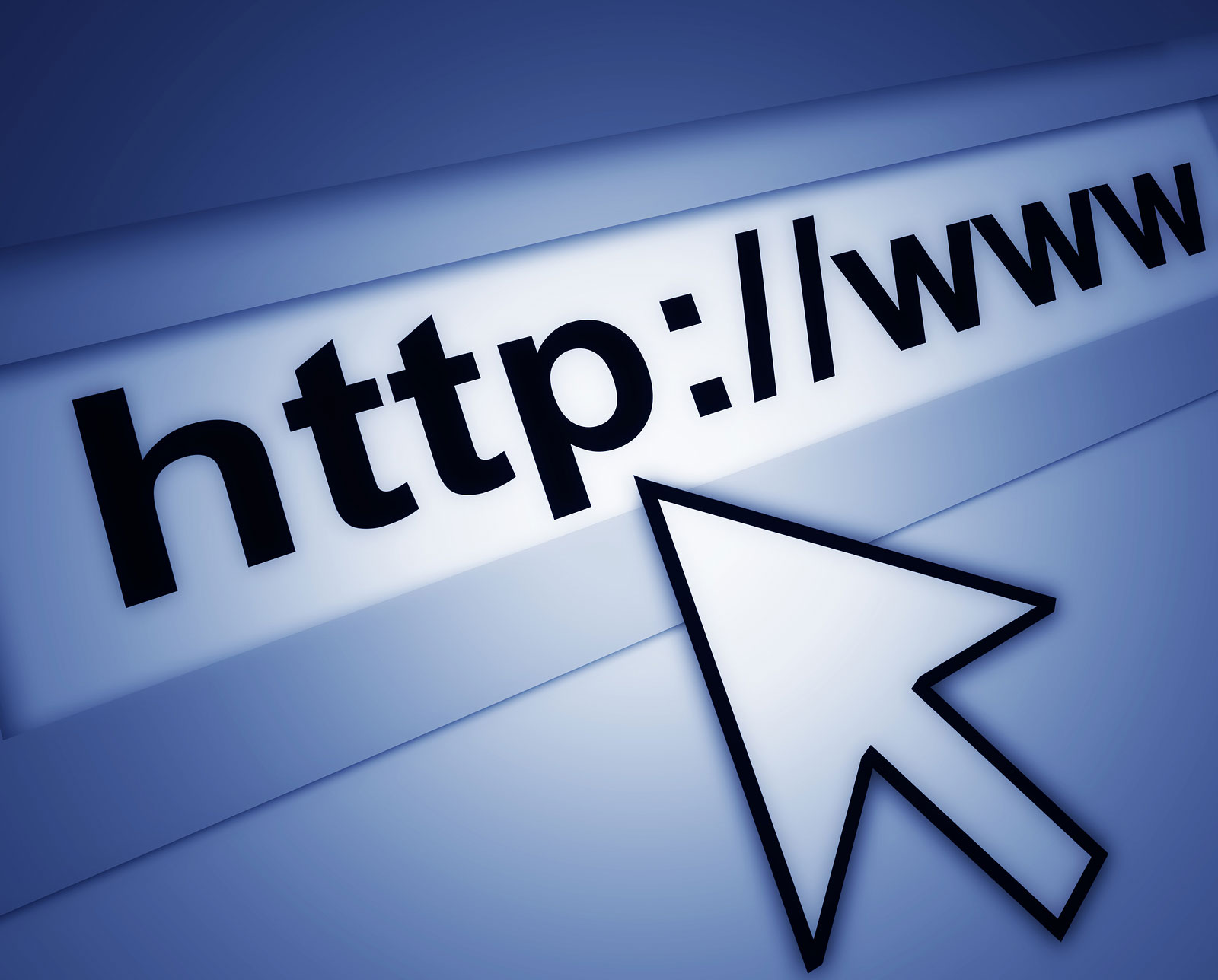
Unsurprisingly the generation of today is heavily fascinated by amazing technological advancements and the remarkable creation of the world wide web. The internet is used for almost everything these days, from doing a quick Google search on the go to find out the best bars and restaurants in the local area to organising your life practically hour by hour. It’s a fantastic revolution, but maybe it’s too fantastic for its own good.
I put myself to the test over the weekend to discover whether or not I could banish mobile internet in particular from my everyday life for 24 hours. Let’s be honest, as a 20-year-old student who is constantly active on social media, always keeping up with local and national news and loves partaking in the online shopping extravaganza it seemed like one of the hardest tasks imaginable. But that’s only because I myself, and others of my age, have grown up with the internet and watched it evolve to become a tool that enhances our lives and generally for the better.
The Internet Society’s report 2015 discusses the benefits of mobile internet today, which is a perk that has become increasingly popular on devices since the introduction of 3G and 4G networks. 2015’s report discovers that entrepreneurs have created billion dollar opportunities developing and selling apps worldwide, there have been opportunities abound for general education and also healthcare applications are emerging for users to track their own fitness. Mobile internet is bursting with both advancements and also addictions, making it increasingly more difficult to live an internet-free life.
I found that attempting to deduct mobile internet from my daily routine was pretty much impossible. I’m one to set my alarm using my mobile phone but unlike many others won’t actively use the internet straight away in the morning when I wake up. I like to get myself ready for the day and scroll through Facebook and Twitter over a hot cup of strong coffee and some cereal.
I set myself a goal over the weekend to stop using the internet at 9am on Saturday and continue until 9am the following morning. I’ll keep it real and confess that I forgot instantly. I had intended to switch off my WiFi the night before so I wouldn’t receive any notifications to tempt me, however I opened up an email notification forgetfully and that was my internet-free 24 hours failed instantly.
Instead of trying again the next morning to start a fresh I felt it would be interesting to record the rest of the day’s internet activity based on an average day of internet usage.
Throughout the course of the day, like most other days, I found myself using the internet for a range of different purposes. My main source of internet consumption was through the use of my mobile phone as it’s usually always by my side and the easiest to use when I want to find out about something quickly or engage in instant conversation.
I recorded that I checked my profiles such as Facebook, Twitter and Instagram a total of 107 times throughout the day and was active on social apps including WhatsApp, Messenger and Snapchat a total of roughly 332 times. That day I also found myself using the internet to continue my newfound Breaking Bad addiction on Netflix. However I did manage to be academically productive despite this and used the internet to plan and research some essay content.
I found that the most obvious internet distractions for me personally were the social platforms Facebook and Twitter. Statistics show that today there are over 1.49 billion active Facebook users and 316 million monthly Twitter users to date. It is clear that many different kinds of people of differing ages, ethnicities and cultures are adding themselves to the ever-growing population of social media and on-the-go mobile internet access.
To stop or even restrict internet use in today’s generation does ultimately prove to be difficult. Excluding obvious distractions for a young person including social media apps, YouTube and Netflix completing academic work requires the use of the internet too. Students nowadays need the internet access work briefings, module content, feedback from lecturers and much more. It has become a digital generation and we rely on the web a great deal for almost everything we do.
However Paul Miller wrote in 2012 about his experience discontinuing his internet use for 12 months in a feature article for The Verge, proving that the challenge can be achieved: “Now I want to see the internet at a distance. By separating myself from the constant connectivity, I can see which aspects are truly valuable, which are distractions for me, and which parts are corrupting my very soul.”
It has to be considered that the internet could be corrupting our productiveness, sociability and health, but when we have never known anything different what alternative do we have?

No comments:
Post a Comment